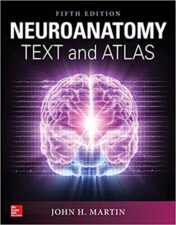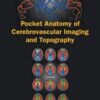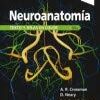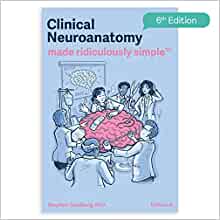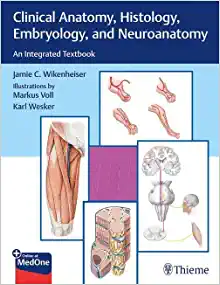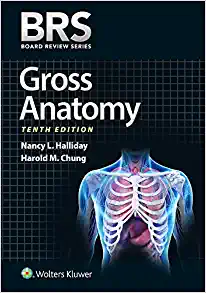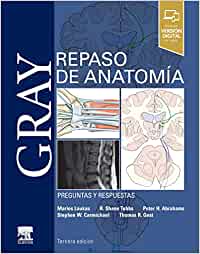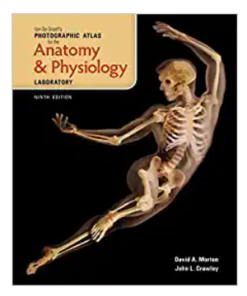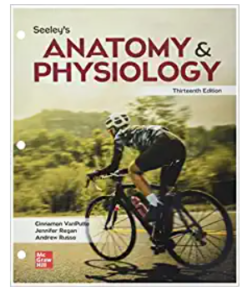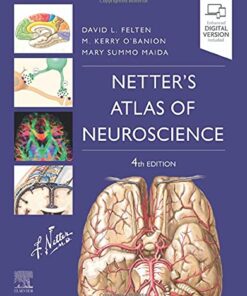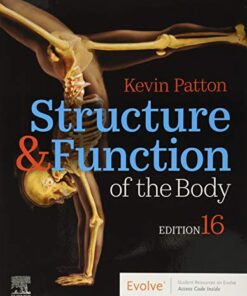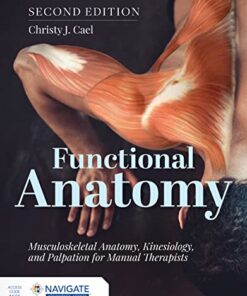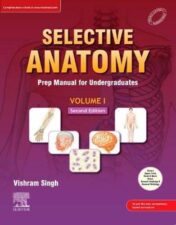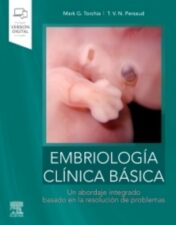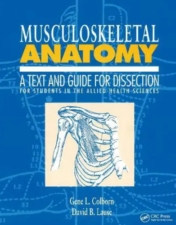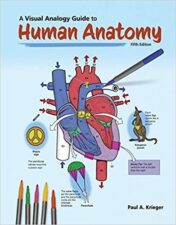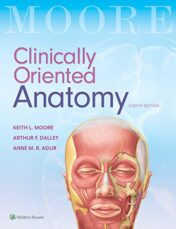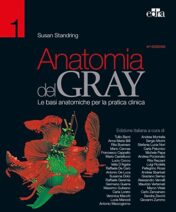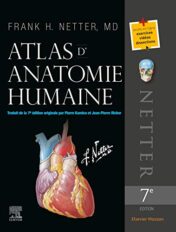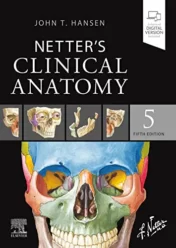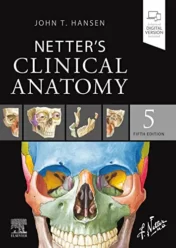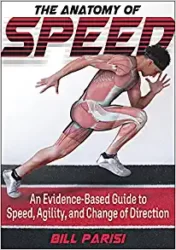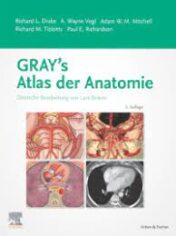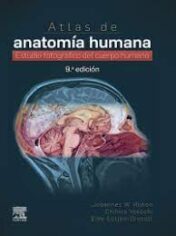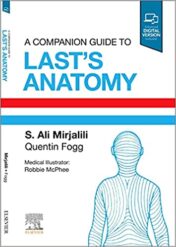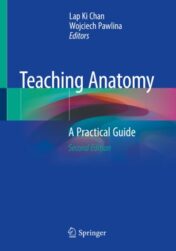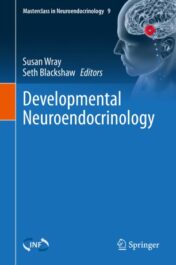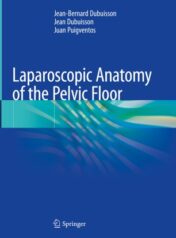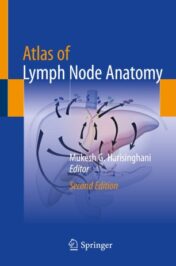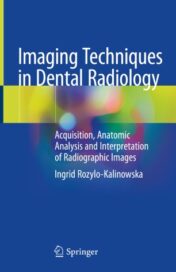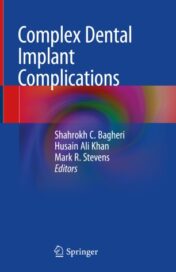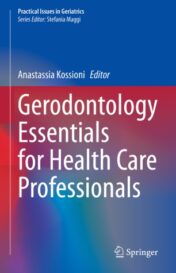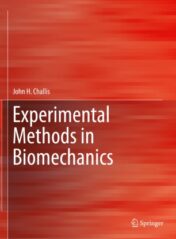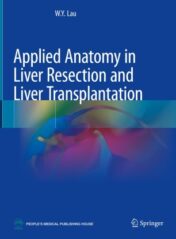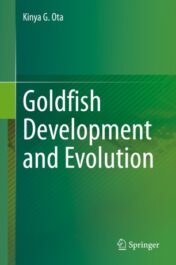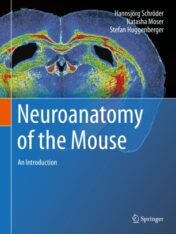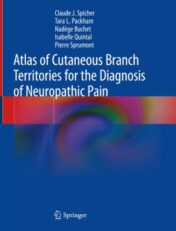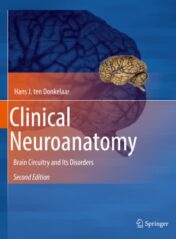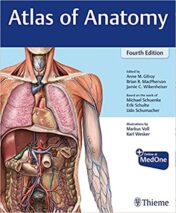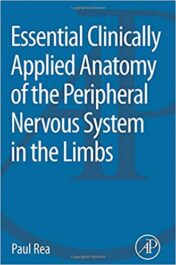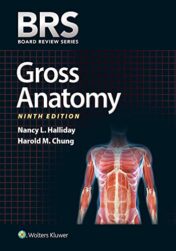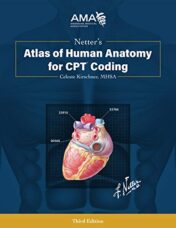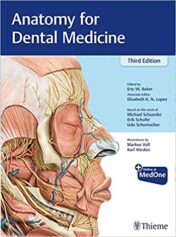Neuroanatomy: Text and Atlas covers neuroanatomy from both a functional and regional perspective to provide an understanding of how the components of the central nervous system work together to sense the world around us, regulate body systems, and produce behavior. This trusted text thoroughly covers the sensory, motor, and integrative skills of the brains and presents an overview of the function in relation to structure and the locations of the major pathways and neuronal integrative regions.
Neuroanatomy: Text and Atlas also teaches readers how to interpret the new wealth of human brain images by developing an understanding of the anatomical localization of brain function. The authoritative core content of myelin-stained histological sections is enhanced by informative line illustrations, angiography, and brain views produced by MRI, and other imaging technologies.
• Revised and updated to reflect advances in clinical neuroanatomy and neural science
• Full-color illustrations enrich the text, including many new to this edition
• Chapters begin with a clinical case to illustrate the connections and functions of the key material
• Chapters end with a series of multiple-choice review questions
• NEW Online learning center will display brain views produced by MRI and PET
• Increases knowledge of the regional and functional organization of the spinal cord and brain, one system at a time
• Provides thorough coverage of the sensory, motor, and integrative systems of the brain, together with cerebral vasculature
• Promotes understanding of the complex details of neuroanatomy needed for accurate interpretation of radiological image
• Comprehensive atlas provides key views of the surface anatomy of the central nervous systems and photographs of myelin-stained sections in three anatomical planes
• Includes learning aids such as clinical topics, boxes, chapter summaries, and a Glossary of key terms and structures

